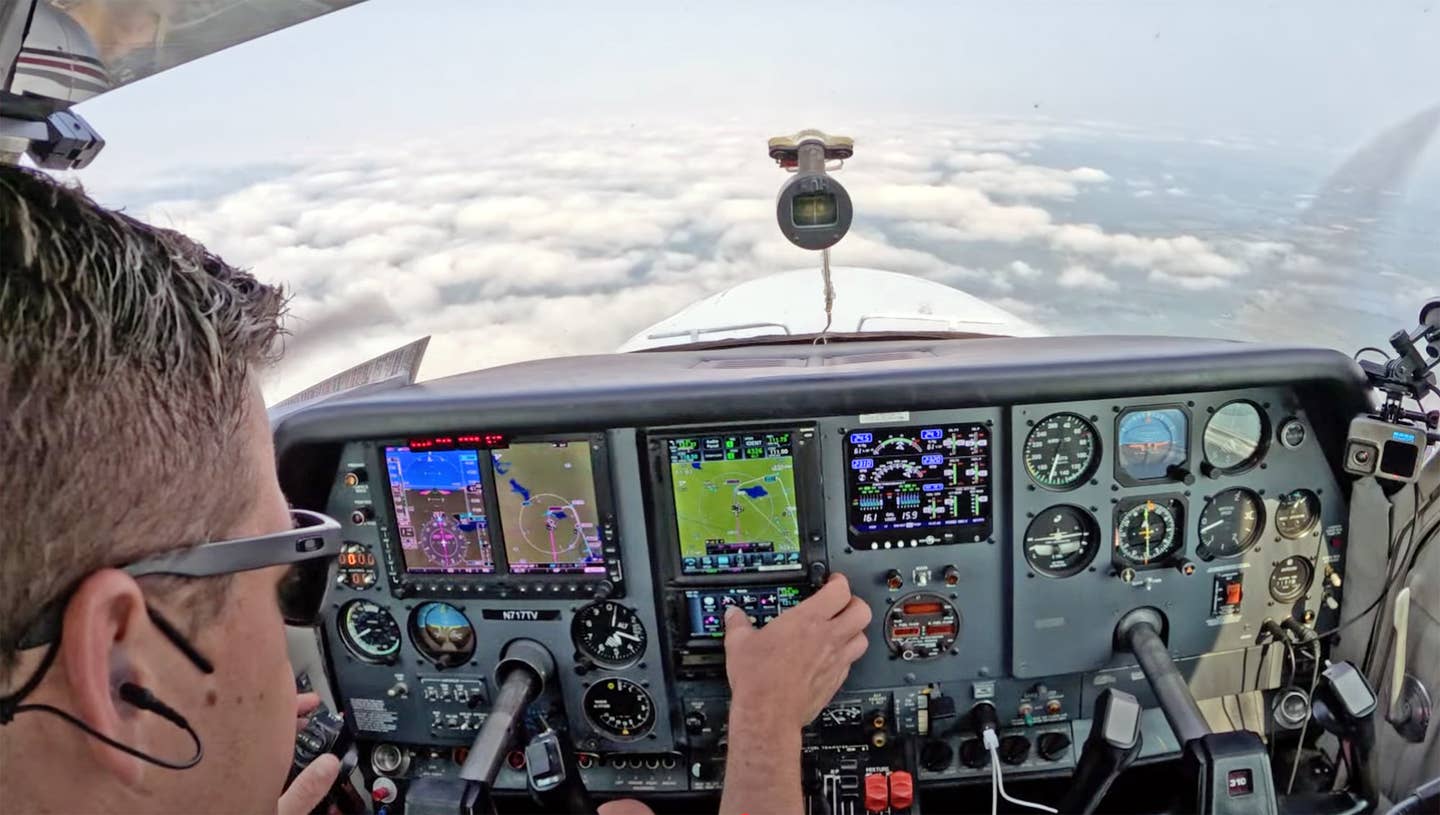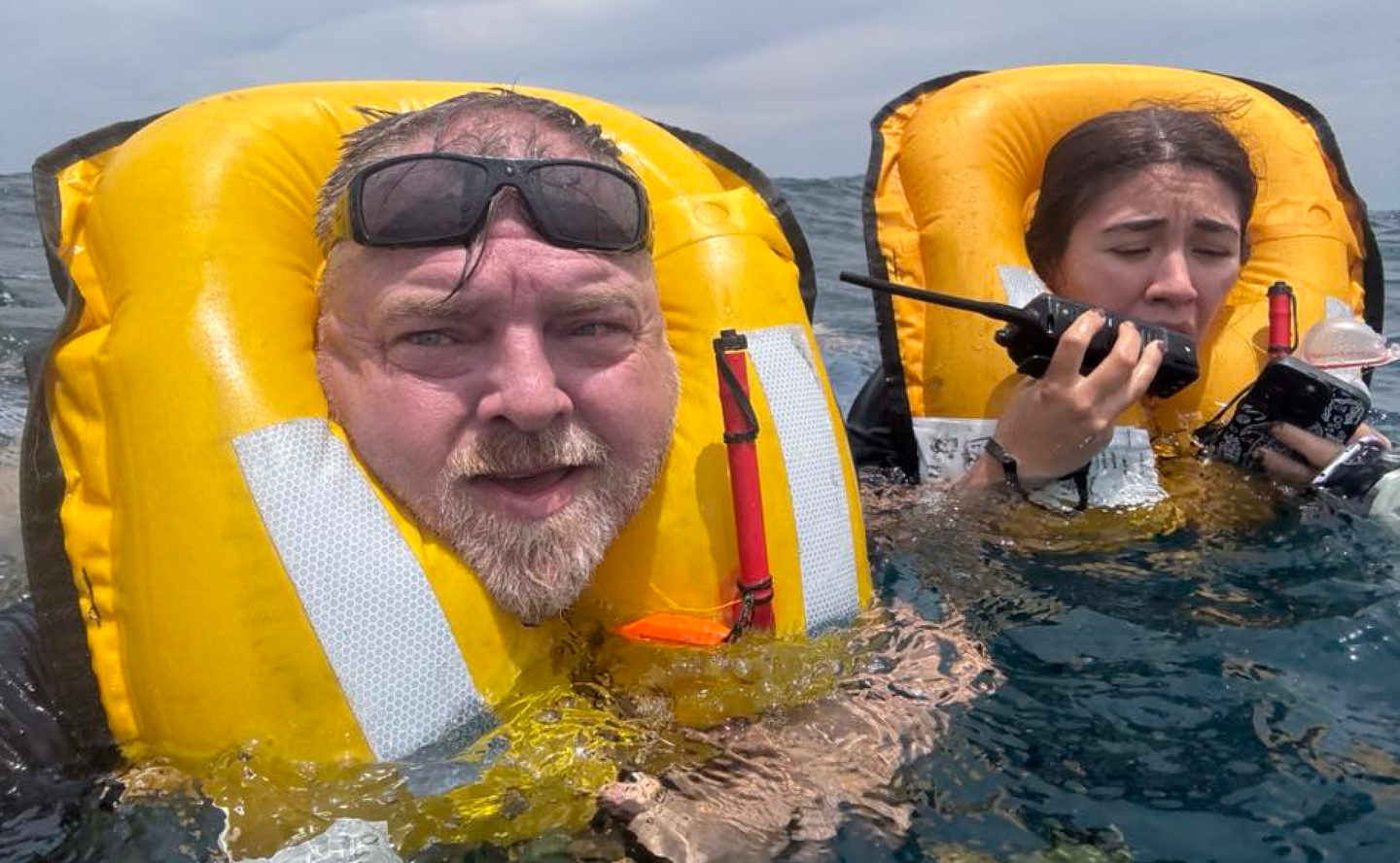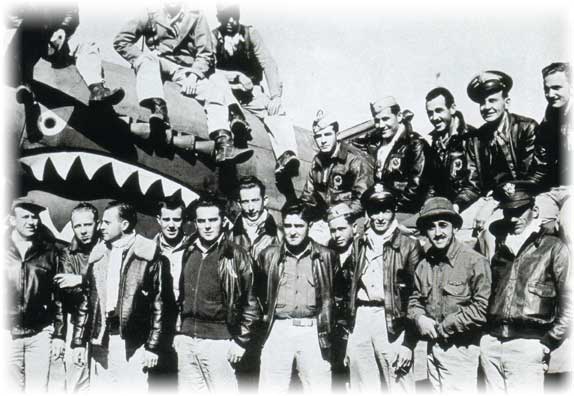Psychology of Pilot Responses
How will you respond to a critical event when aloft, and time is of the essence?
As pilots, each time we read an accident review we often evaluate the pilot's response relative to the developing chain of events. If the chain is slow in evolving, there is a tendency for the pilot to either not recognize the link or to downplay or ignore it. Knowing the end result, and then replaying the events, we can often see the chain emerging and wonder why the pilot didn't recognize and respond to each link to defuse the problem. Yes, it is often easy to criticize or pass judgment from a position of hindsight.
When a serious event suddenly occurs that had not been foreshadowed, such as an engine failure, the mind does a rapid search for immediate remedies (typically those for which training has been received and internalized). This recall is often referred to as Primacy or Recency Effect—recalling tasks that are first learned or at the beginning of a check list, or those for which you most recently experienced or received training. Over the past few issues ofIFR Refresherwe have used the expression Startle Effect to categorize this type of event.
When Time Is A Critical Factor
If the event occurs at altitude where time is available to allow a mental search for remedies or to use the checklist, the pilot may work themselves out of a critical situation. If the malady happens at a perilous junction, such as an engine failure after takeoff, then there are immediate and perhaps fatal consequences to inaction or incorrect action—and, more than likely, the pilot realizes this.
When an event produces a Startle Effect, if the first remedy applied does not produce an immediate and positive response to the situation, the mind may shut down and inaction follows. The pilot has become a passenger and is no longer an active participant. Panic, the "sudden uncontrollable fear or anxiety, of-ten causing unthinking behavior," may occur. It is interesting that the new FAA Instrument ACS deleted IR.VII.B.R1 1. 321B Startle response during unexpected events.
The Mental Response Stream
There is also an interesting analogy between the reaction to the Startle Effect and the grieving process. When a critical event occurs for which the pilot has no immediate response, they may move through the following five emotional stages: denial, anger, bargaining, depression and acceptance.
How long the pilot spends in each stage is dependent on the individual's emotional makeup. Thus, it may be a few seconds of denial, a moment of anger, perhaps some bargaining with a higher power for help, a period of depression, and then either acceptance of a fateful outcome, or the realization that only their own action will bring about a resolution—and they apply their knowledge and experience. Interviews with those few who have experienced this sequence of emotions (and survived), along with some cockpit voice recordings, have confirmed this basic premise.
While the actual occurrence of such a catastrophic event is statistically small, most pilots have contemplated the thought process and wondered about their own reactions. For airline or corporate pilots, periodic and intensive training is critical to keeping the edge on a wide variety of situations, which must be handled rapidly and without error. For those for whom piloting is a periodic endeavor, flying simpler air-craft allows the mind to cope with-out a myriad of complexities to work through when problems occur.
We should be able to identify the critical events that could overtake us in the cockpit for the aircraft we fly, and to be prepared, by training and periodic review, for rote responses to the Startle Effect.
Ted Spitzmiller is the editor of IFR Refresher, and a CFII.
This article originally appeared in the December 2017 issue ofIFR Refreshermagazine.
For more great content like this, subscribe toIFR Refresher!






